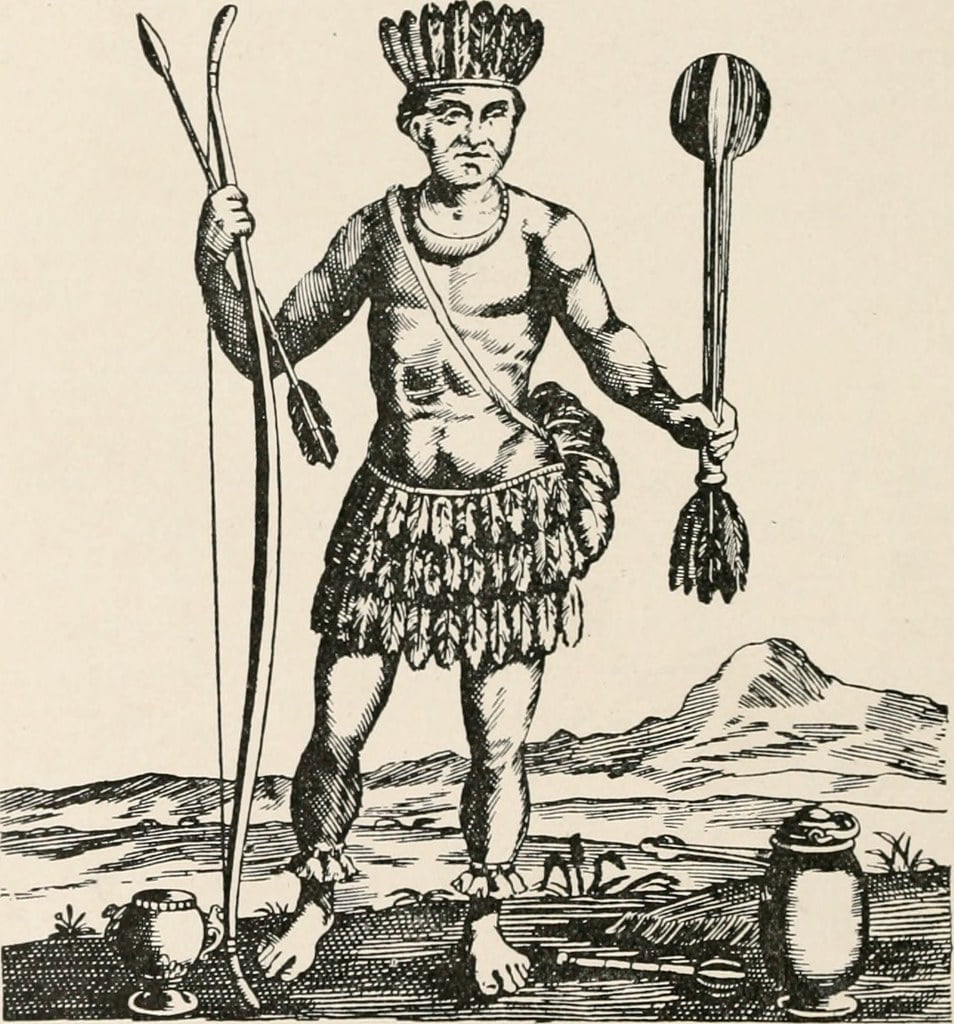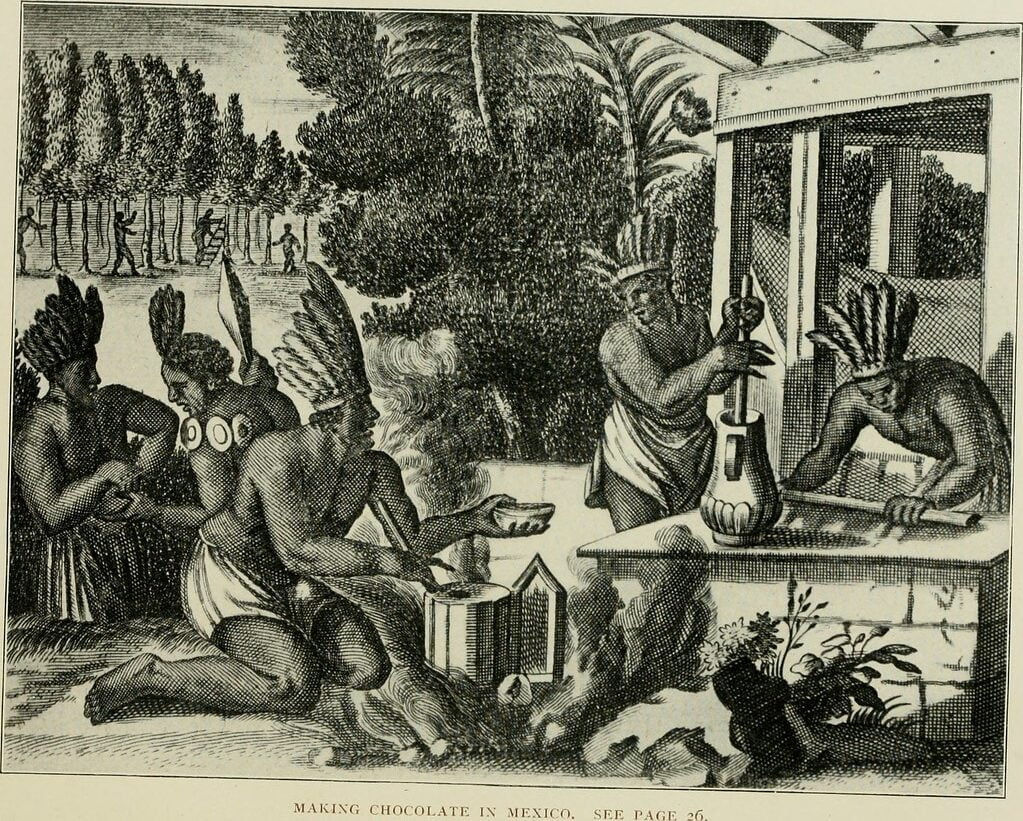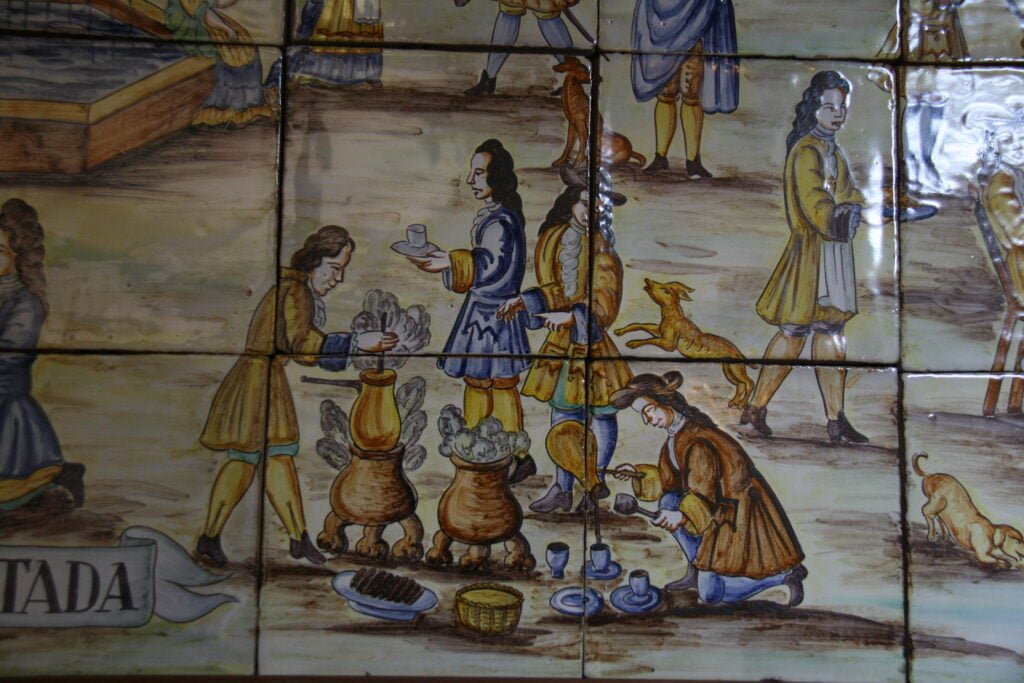Chocolate has been enjoyed by people worldwide for centuries, and it has played a significant role in various cultural and religious traditions. In this article, we will delve into the intersection of the cultural and religious significance of chocolate, its history, and its importance in various rituals.
The History of Chocolate
Chocolate’s rich history dates back to ancient civilizations in Central and South America, where it was consumed as a bitter drink made from the cacao plant. The Aztecs believed that cacao was a gift from the gods, and they used it in their religious ceremonies and as currency. After the arrival of Europeans in the Americas, chocolate spread to Europe and became a popular beverage among the upper classes. By the 19th century, chocolate had evolved into the sweet treat we know and love today.

Chocolate in the Purim Religious Traditions
Chocolate has played a role in various religious traditions throughout history. In Christianity, chocolate is often associated with Easter and the resurrection of Jesus Christ. Chocolate eggs, bunnies, and other treats are commonly given as gifts during this time.
In Judaism, chocolate holds a special place in the hearts of many, especially during the festive season of Purim.
Purim is a significant holiday commemorating the miraculous saving of the Jewish people from Haman’s evil plot to exterminate them.
During this celebration, it’s a tradition for many to indulge in sweet treats, and chocolate has become popular. The rich, velvety texture and delightful taste of chocolate serve as a reminder of the sweetness of victory and survival. Beyond Purim, chocolate also finds its way into other Jewish traditions.
For instance, during Passover, some Jewish communities break their fast with chocolate after a fasting period, symbolizing the end of restraint and the beginning of celebration.
The inclusion of chocolate in these significant events underscores its universal appeal and ability to enhance joyous occasions.

Chocolate in Cultural Identity
Chocolate has also become an integral part of many cultural identities. In Mexico, for example, chocolate is closely tied to the country’s history and heritage. Traditional Mexican hot chocolate, made with cinnamon and other spices, is often served at celebrations and festivals. In addition, chocolate plays a role in the cuisine of many different cultures, from the chocolate-based mole sauces of Mexico to the chocolate truffles of France.

Chocolate and Modern Society
Today, chocolate is a beloved treat that is enjoyed by people all over the world. However, there are also concerns about the social and environmental impact of the chocolate industry. Some farmers who grow cacao beans are paid meager wages and work in poor conditions. There are also concerns about deforestation and other environmental issues associated with cacao production.
Conclusion
In conclusion, chocolate has been significant in various cultural and religious traditions. From its ancient roots in Central and South America to its modern popularity as a sweet treat, chocolate has evolved and adapted to different cultures and traditions. However, as we enjoy this beloved treat, we must also be mindful of the social and environmental impact of the chocolate industry. By supporting fair trade and sustainable chocolate production, we can ensure that future generations can continue to enjoy this delicious and culturally significant treat.
FAQ’s
What is the history of chocolate?
Chocolate has a rich history that dates back to ancient civilizations in Central and South America, where it was consumed as a bitter drink made from the cacao plant. After the arrival of Europeans in the Americas, chocolate spread to Europe and became a popular beverage among the upper classes. By the 19th century, chocolate had evolved into the sweet treat we know and love today.
How is chocolate used in religious traditions?
Chocolate has played a role in various religious traditions throughout history. In Christianity, chocolate is often associated with Easter and the resurrection of Jesus Christ. Chocolate eggs, bunnies, and other treats are commonly given as gifts during this time. In Judaism, chocolate is sometimes used to celebrate Purim, a holiday commemorating the saving of the Jewish people from Haman’s plot to exterminate them. Some Jewish communities also eat chocolate on Passover to break the fast.
How is chocolate tied to cultural identity?
Chocolate has become an integral part of many cultural identities. In Mexico, for example, chocolate is closely tied to the country’s history and heritage. Traditional Mexican hot chocolate, made with cinnamon and other spices, is often served at celebrations and festivals. In addition, chocolate plays a role in the cuisine of many different cultures, from the chocolate-based mole sauces of Mexico to the chocolate truffles of France.
What are some concerns related to the chocolate industry?
There are concerns about the social and environmental impact of the chocolate industry. Some farmers who grow cacao beans are paid meager wages and work in poor conditions. There are also concerns about deforestation and other environmental issues associated with cacao production.
What can we do to support sustainable chocolate production?
By supporting fair trade and sustainable chocolate production, we can ensure that future generations can continue to enjoy this delicious and culturally significant treat. This means looking for certifications such as Fairtrade or Rainforest Alliance when purchasing chocolate products and supporting companies that prioritize sustainability and ethical practices.
